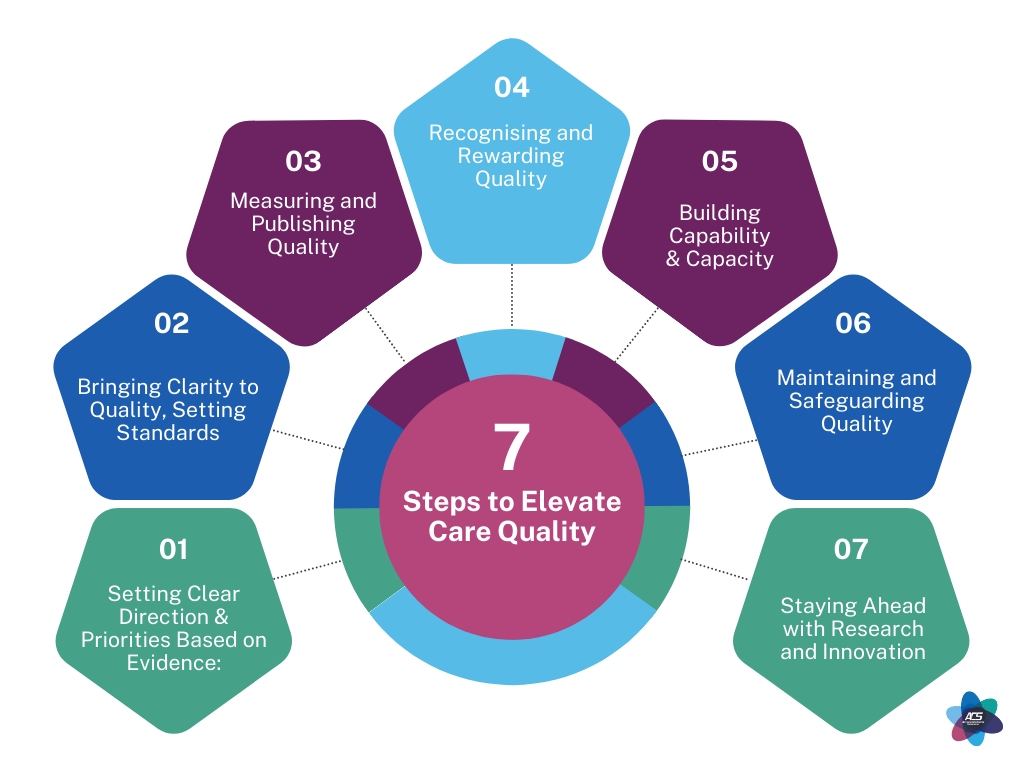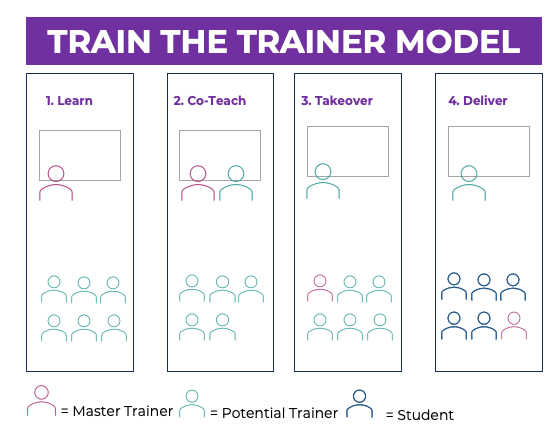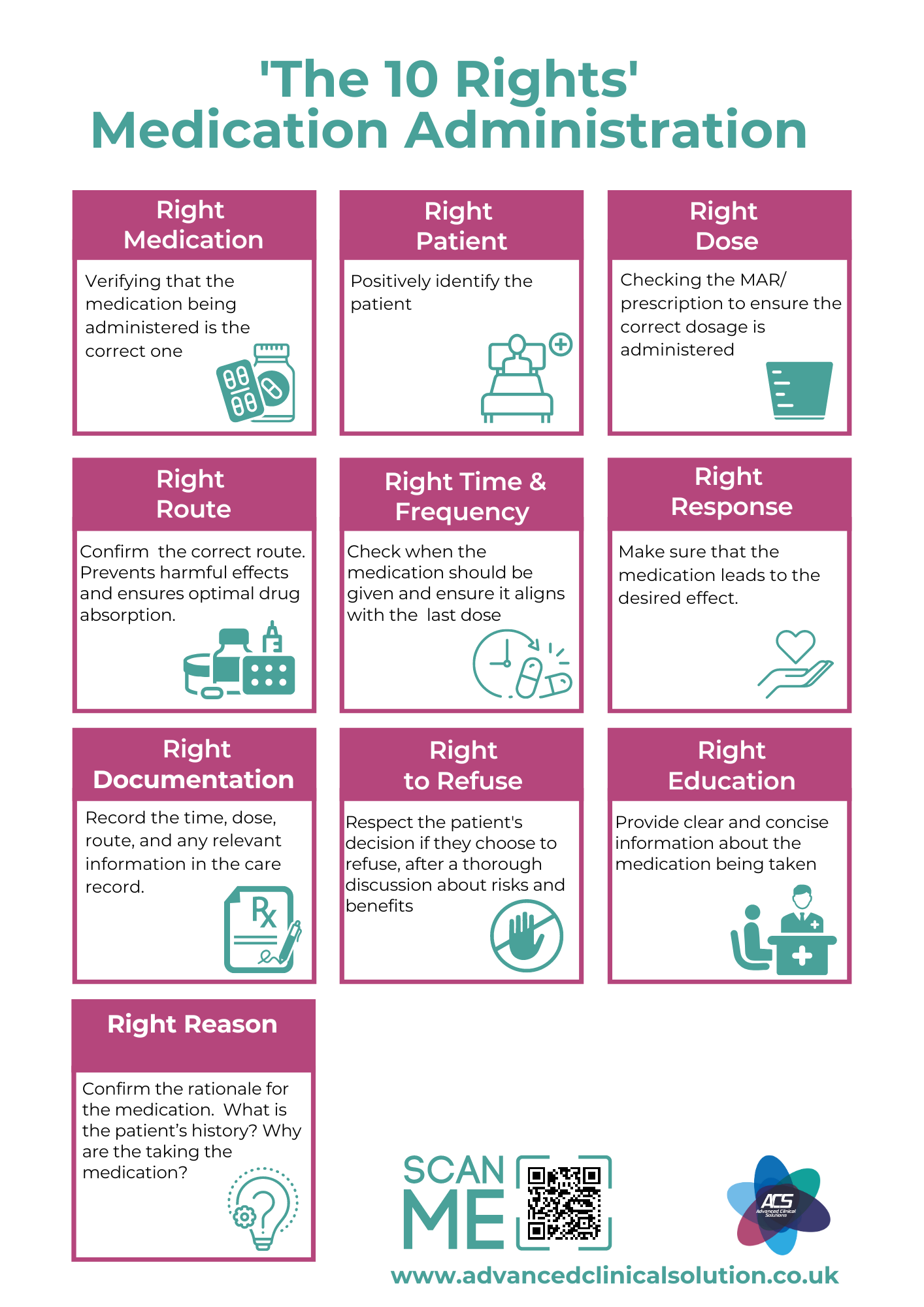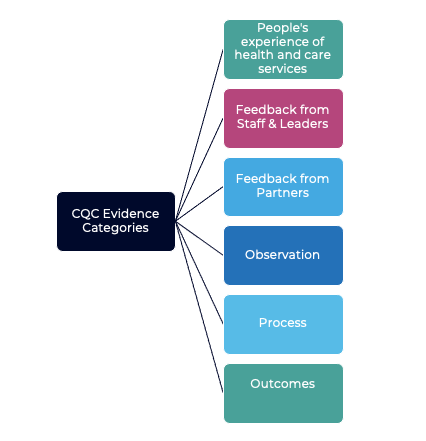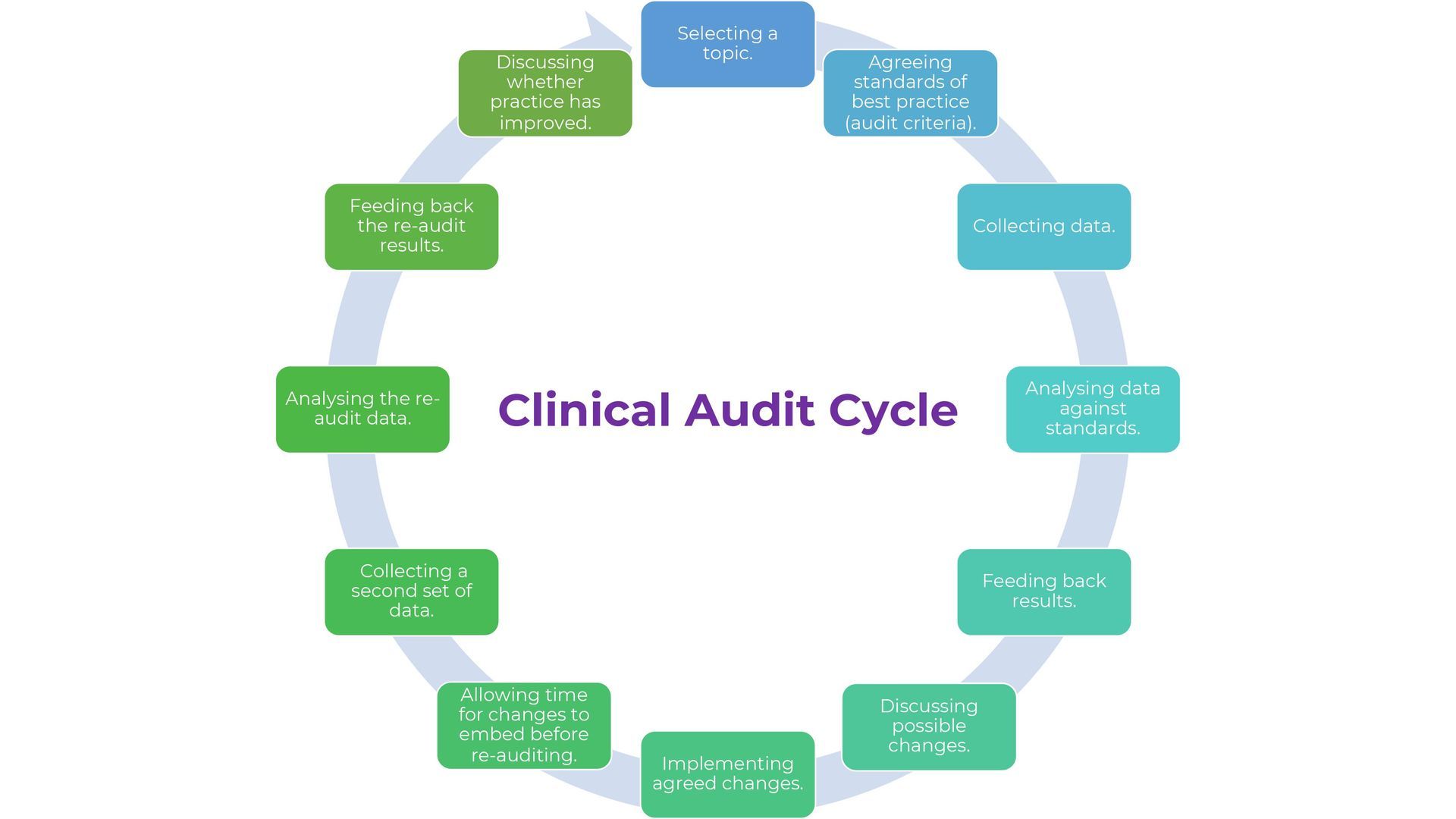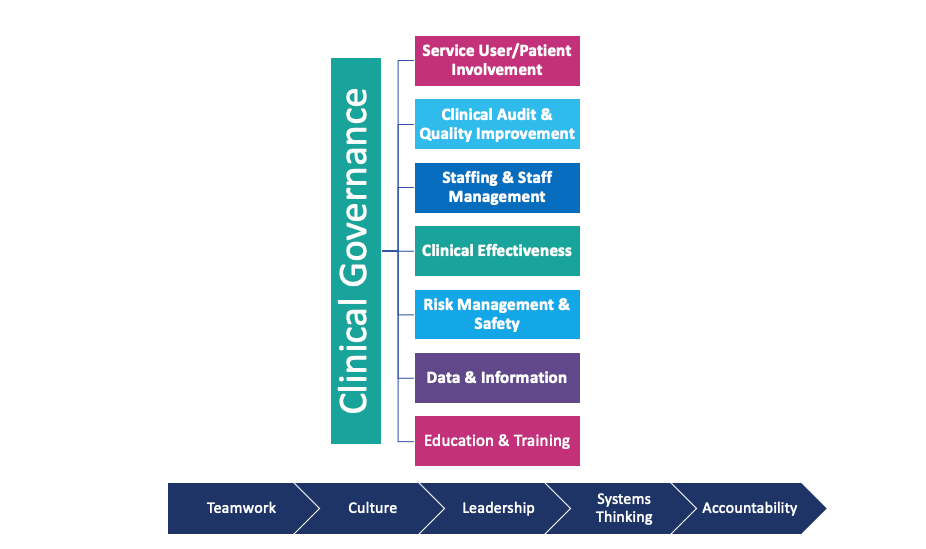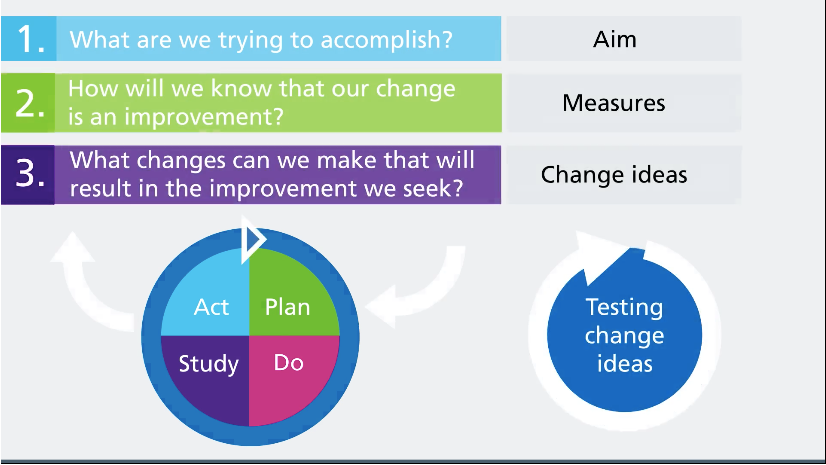Compassionate Leadership in Care
“ Everything a leader does should be about setting their team up for success.”

D’Auria et al (2020) suggest that a compassionate leadership style is imperative for leaders in times of crisis such as this. To achieve this, leaders have to demonstrate four key qualities: awareness, vulnerability, empathy and compassion.
There are many studies that show compassionate leaders perform better and foster more loyalty and engagement from their teams than other approaches – and this could be especially true during times of crisis.It is very easy as a leader to just focus on being in control, but it is equally important to help the team by being aware of your own personal fears as this may enable you to help your team deal with their own reactions.
A crisis can cause many different responses, all of which are heightened by increased sensitivity and distress.
At times like these, being able to demonstrate visible and caring leadership becomes even more important. It is very easy for a leader to become focused on being in control and dealing with operational issues as part of self-preservation. However, as mentioned earlier, not only are the demands on the team exponentially increased, but there is also the added psychological impact of multiple resident losses and fear of further infections, both in the service users and themselves.
The importance of both tuning inwards to yourself as a leader and tuning outwards to your team cannot be underestimated.
Compassion involves the following steps:
-
AttendingList Item 1
Paying attention to others and noticing their suffering
-
UnderstandingList Item 2
What is causing the other person’s distress, by making an appraisal of the cause
-
EmpathisingList Item 3
Having an empathic response, a felt relation with the other person’s distress
-
HelpingList Item 4
Taking intelligent (thoughtful and appropriate) action to help relieve the other person’s suffering.
At times of crisis, teams have to be at their most adaptable, flexible and innovative. Compassionate leadership has been shown to encourage these attributes very well. West et al (2017) suggest that there are four key elements of culture that need to be in place within organisations and across systems for innovation to take place under compassionate leadership.
These are:
- inspiring vision and strategy
- positive inclusion and participation
- enthusiastic team and cross-boundary working
- support and autonomy.
This is best summed up in the table ‘Compassionate leadership in times of crisis: the four elements of culture’ in the Toolkit. The key findings from West et al (2017) suggest that:
- Compassionate leadership activities have many positive outcomes, at all levels of the health sector, from individuals and teams to organisations and the system as a whole.
- Staff are more likely to find new and improved ways of doing things if they feel they are listened to, valued and supported, as this provides a sense of psychological safety.
- Giving staff autonomy in their
work is also important, along with developing a shared responsibility– a shared leadership is much more effective than a hierarchical one.
- Positive attitudes to diversity, to inclusion and to creativity and innovation must be nurtured at every level of the organisation.
- Innovation is often spurred by a challenge or a problem and compassionate leadership is a powerful facilitator at each stage of the problem-solving process.
The overwhelming effects of a crisis strip leadership back to its most fundamental element: making a positive difference in people’s lives. Leaders should take a compassionate approach to cultivate awareness, vulnerability and empathy in order to comfort and address the concerns of stakeholders. They can exhibit individual care,build resilience, and position their organisations to positively reimagine a post-crisis future. By working compassionately, courageously and honestly, leaders can support and care for their staff so that they can save thousands of lives across communities.
Email Us
For general enquiries & questions,
contact us via email
Book Free Consultation
Need some advice face to face? Book a free 30 minute MS Teams consultation
Share
CHECK OUT OUR OTHER BLOG POSTS
Knowledge Hub

